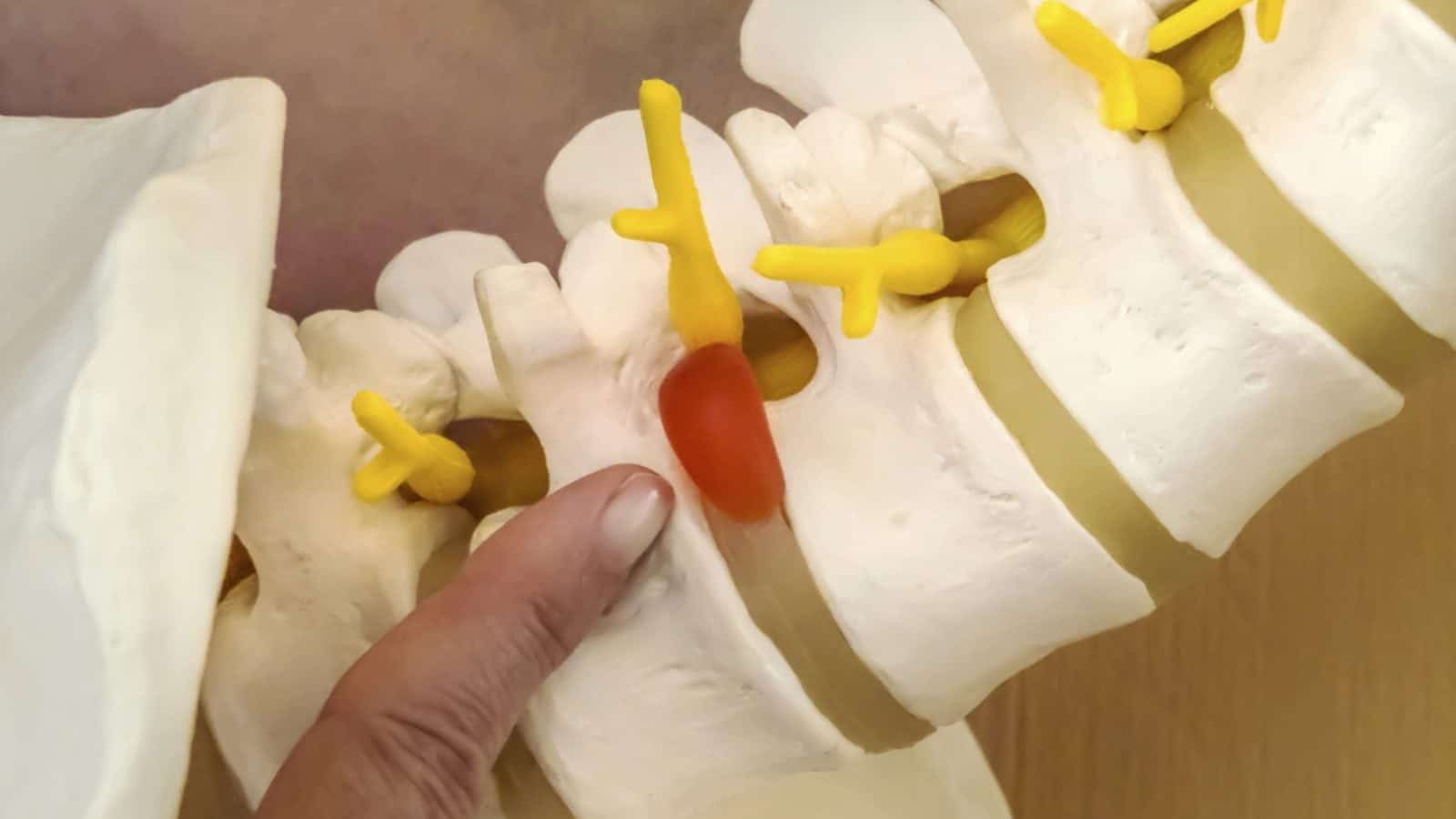
Herniated disks, also called bulging disks, can require extensive medical treatment including surgery, physical therapy, medications and epidural injections to reduce pain and relieve pressure on the affected disk. People suffering from a herniated disk often experience debilitating, sometimes chronic, pain in their hips and back and in extreme cases can also suffer from numbness, tingling, muscle weakness and loss of reflexes. A herniated disk can adversely impact a person’s ability to perform duties at work, resulting in lost wages or termination.
All of this would suggest that a herniated disk would easily qualify for disability benefits, but unfortunately the facts are much more complicated. If you suffer from a herniated disk and are worried that you may be denied benefits, contacting a California Social Security disability lawyer may be the best option to ensure you receive the benefits you deserve.
How To Qualify For Benefits
To be considered for disability benefits for a herniated disk, you must prove the following:
- Your disability must have lasted or be expected to last for at least one year. With surgery and therapy, many herniated disks resolve themselves before this one year minimum has been met.
- Your injury must be severe enough to meet the requirements of the SSA’s official spinal disability listing.
- Your injury must be so severe that, when considered alongside your age, education and job skills, you can’t perform occupational tasks at your job.
The Social Security Administration considers herniated disks to have met the requirements of their official spinal disability listing if they cause at least one of the following back problems:
Arachnoiditis
A type of inflammation of the membrane around the spinal cord.
Nerve Root Compression
Pressure placed by the disk onto spinal nerves.
Stenosis
Narrowing of the spine.
To qualify for disability benefits, you must either be diagnosed with arachnoiditis or stenosis, or prove that your herniated disk is causing significant nerve root compression. However, to receive benefits due to nerve root compression, in addition to proving the existence of the compression itself, you must also show that you have a limited range of motion, muscle weakness or a loss of sensation. It can be very difficult to prove that you suffer from all of these conditions, however.
An Alternative Path
If you can’t qualify for disability benefits by proving arachnoiditis, nerve root compression or stenosis, you may still qualify for a medical-vocational allowance for your back condition. If your herniated disk prevents you from, for example, lifting the amount of weight required by your job, you could qualify for this allowance. Such benefits are more likely to be given to older patients, however, since you must also prove that your age and educational experience prevents you from transitioning to a less demanding job.
Contact A California Social Security Disability Lawyer
Many first time disability applicants are denied benefits for their herniated disks, and as a result must subsequently appeal for benefits in front of an administrative law judge. We’ve been helping disabled individuals in the Greater Los Angeles area, the Inland Empire, and Orange County get the disability benefits they need for years. Call Dr. Bill LaTour and his team today at 800-803-5090 or fill out our online form to schedule a free consultation.







